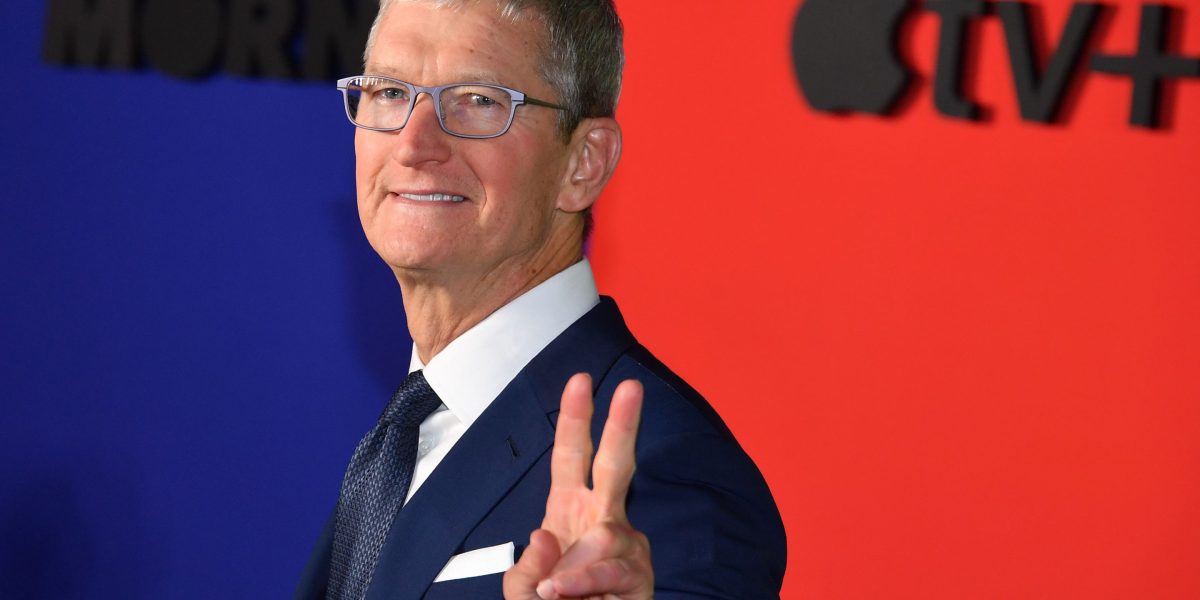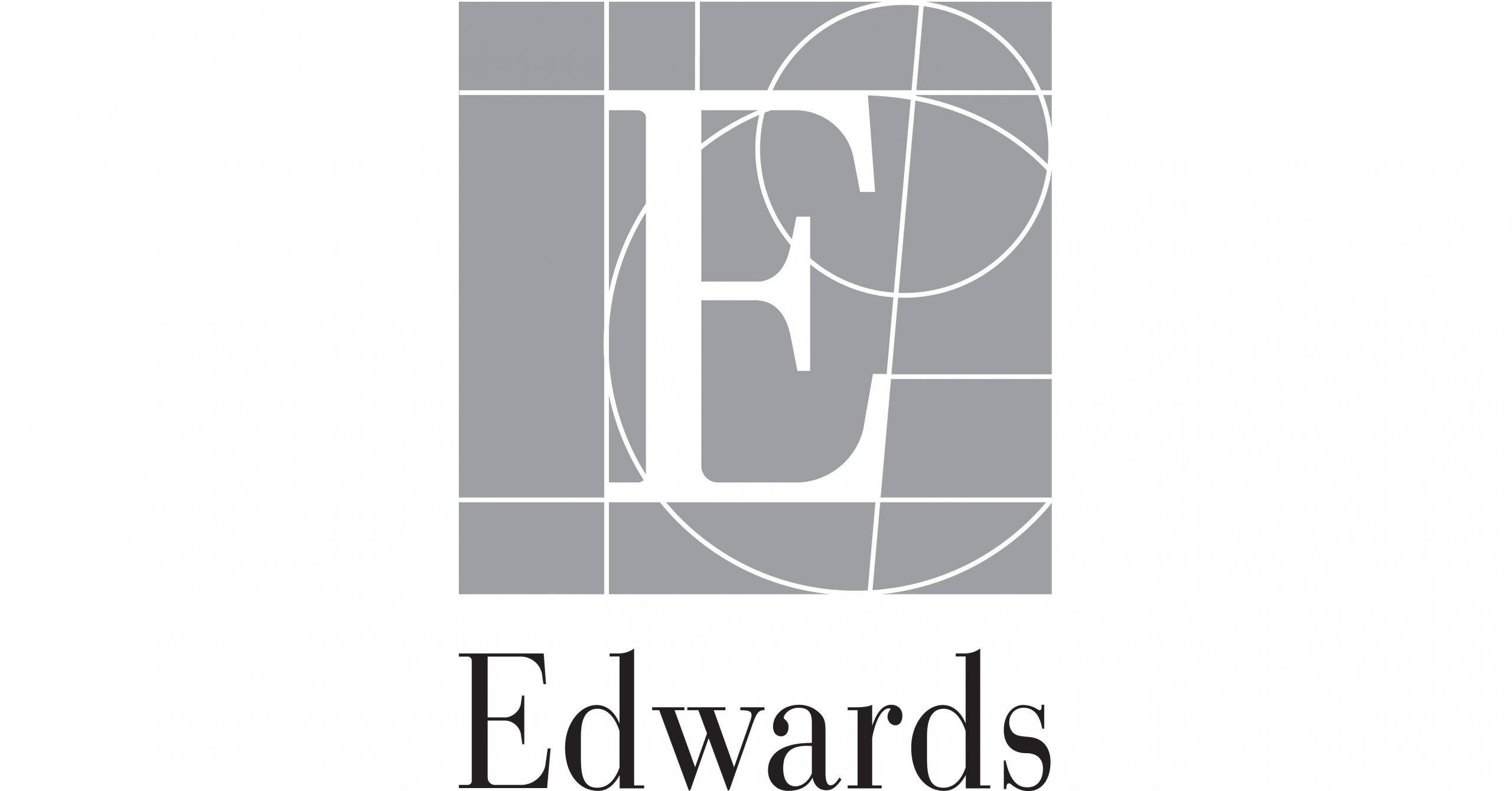Apple, JPMorgan, and Google: What’s driving CEOs to take pay cuts

[ad_1]
Although experts have warned against knee-jerk layoffs as an overreaction to economic fears, terminations have become a recurring theme in today’s business environment. But there is a leitmotif developing, too. CEOs are taking pay cuts.
Apple CEO Tim Cook, who volunteered to take a reduction, will receive 40% less in 2023 than last year. (Though that will still leave him with a $49 million income.) Other chieftains who have chosen to shave their incomes in response to shareholder and economic pressures include Google’s Sundar Pichai, JPMorgan’s Jamie Dimon, and AMC Entertainment’s Adam Aron.
Factors driving these CEOs to take less compensation are unique to each company’s situation and this moment in time. CEO salaries have soared over the last few years as companies, desperate to hang on to leaders, leveraged bonus incentives and share buybacks—practices that ultimately led to record-high executive pay. So, in some ways, the current cost-cutting reflects a correction.
Several tech companies, including Google, have also conducted mass layoffs, citing economic headwinds. Cutting executives’ pay could be a gesture to motivate employees left behind.
But there may be another powerful force at work to explain the pay reductions. Scholars in Europe have found that when a left-wing government comes to power, replacing a right-leaning administration, CEO pay drops by about 6% on average. And when an election brings in a right-of-center government, compensation for CEOs jumps by about 3%.
To be sure, the robust study published last month doesn’t directly address the latest pay cuts by American CEOs. It looks at CEO pay and election data from nearly 11,000 firms in 23 countries. It also gathers data from 2000 to 2017, a period that predates the pandemic and its economic impact. Still, the authors of the study—Dimitris Petmezas and Nan Xiong, professors of finance at the UK’s Durham University Business School, and Bunyamin Onal, a professor at Turkey’s Sabanci Business School—stand by their thesis: The prevailing political mood is a hardy predictor of CEO pay patterns, even after controlling for several confounding factors, such as corporate governance structures, company size, inflation, and the macroeconomic environment.
Although the study can’t definitively prove that shifting political winds cause CEO pay adjustments, the authors propose two theories to explain their findings. One, compensation committees may be unconsciously responding to the zeitgeist. When a left-leaning government replaces a right-leaning one, voters often respond to campaign pledges taking aim at income inequality. Secondly, when an incoming government champions policies meant to fix social disparities, companies see the reputational risks attached to high CEO pay and respond strategically. “It is mainly sentiment that drives companies to reduce compensation in order to avoid a backlash,” says Petmezas. “Managers are much more careful. They do not try to exercise their power to increase their own compensation.”
For companies whose CEOs have too much power, he explains, the political atmosphere under a left-leaning government and its effect on pay may have a balancing effect. Conversely, it can act as a disincentive, dragging down CEO performance.
The authors also checked whether explicit policies of left-wing governments put pressure on companies to reduce CEO pay but found no such relationship. Broad pro-equality policies and sentiment “are more effective in reducing the inequality between employers and their CEOs and tackling the widening inequalities in their respective countries,” the authors said.
Most studies examining CEO pay rates have zeroed in on the board-CEO relationship, suggesting that CEOs have greater influence over boards than shareholders or that boards and shareholders determine the right incentives for CEO compensation. How changes in political leadership can indirectly push pay up or down has never been studied until now.
Whatever your theory about companies’ CEO pay processes, there’s no question that most non-CEOs are unhappy with the outcomes. A study last year revealed that 87% of Americans see the pay gap between CEOs and the average worker as a problem.
Lila MacLellan
lila.maclellan@fortune.com
@lilamaclellan
A Word of Advice
“DEIB—diversity, equity, inclusion, and belonging—is one of the largest components of the ‘s’ in ESG. It’s going to be really important as we look at—not just within the U.S., but from a global standpoint—what kind of metrics and reporting will be required from a regulatory standpoint. Companies want to get out in front of that and not have done all this cost-cutting and then they’re scrambling.”
—Mandy Price, cofounder and CEO of Kanarys, a DEI consulting company, on one of many reasons companies must stay focused on diversity and equity when conducting layoffs
On the Agenda:
👓 Read: Women on boards have developed six distinct behavioral habits to prove they’re as competent and assertive as men but also warm and empathetic. Perhaps board culture needs to change, writes a trio of professors for Harvard Business Review.
🎧 Listen: Board meetings can get bogged down in details and unproductive conversations. British leadership coach David Clutterbuck joined the Better Boards podcast to explain how directors can rise above complexity to “help executives steer better.”
📖 Bookmark: When layoffs can’t be avoided, certain best practices can make the process fairer, protecting company morale. See Fortune’s thoughtful and thorough guide here.
Onboard/Offboard
Media mogul and Thrive Global CEO Arianna Huffington became a director for Gloat, a workforce talent platform. Rory Read, CEO of Ericsson’s Vonage cloud communications company, joined the Booz Allen board. GoDaddy directors Ryan Roslansky and Lee Wittlinger will resign at the end of this month; the company appointed Srini Tallapragada, chief engineering officer at Salesforce, and Sigal Zarmi, former CIO at Morgan Stanley, as incoming independent directors. AIG director Thomas Motamed is retiring from that board. Theresa Payton, CEO of Fortalice solutions, is joining the Paychex board. Frank Yeary, longtime director at Intel, was named chairman. Alan Colberg, former CEO of Assurant, was tapped to join the U.S. Bancorp board.
In Brief
– Citadel CEO Ken Griffin credits his company’s return-to-office mandate for the hedge fund’s stellar performance. It made $16 billion in profit last year, outperforming competitors.
– Three years into the pandemic, how are remote employees using the two hours per day they’d otherwise be commuting? They’re working.
– Free or discounted food should be part of a company’s talent retention and culture strategies. The New York Times covered options for feeding staff that make sense for today’s hybrid work reality.
– Companies that donate to political candidates whose platforms don’t align with climate change goals will likely feel the heat this proxy season, Roll Call warns.
-CEO Akio Toyoda’s resignation from Toyota was a masterclass on stepping down with grace to make way for a younger generation of leaders.
Editor’s Pick
In Fortune’s latest cover story, senior writer Jeremy Kahn dives into the fascinating backstory of OpenAI’s ChatGPT supernova-like debut in November, a moment that made A.I. feel real for the average person. “Within five days of its release, more than 1 million people had played with ChatGPT, a milestone </span><a href=”https://fortune.com/company/facebook/”>Facebook</a><span class=”s1″> took 10 months to hit,” Kahn writes.
OpenAI’s CEO Sam Altman has caught Microsoft’s attention. The company just announced a partnership that will bring the smaller firm $10 billion in capital. But some technologists worry that OpenAI’s approach to popularizing and one day commercializing its chatbot is reckless.
Here’s a snippet:
“On the rare occasions that Altman lets himself rhapsodize about A.I. in public, he can sound like a wishful thinker himself. Asked at the San Francisco VC event about the best case for A.I., he gushes, ‘I think the best case is so good that it’s hard to imagine…I think the good case is just so unbelievably good that you sound like a crazy person talking about it.’ He then abruptly returns to the dystopian themes at OpenAI’s roots: ‘I think the worst case is lights-out for all of us.’”
Read the rest here and have a best-case weekend.
[ad_2]
Source link







